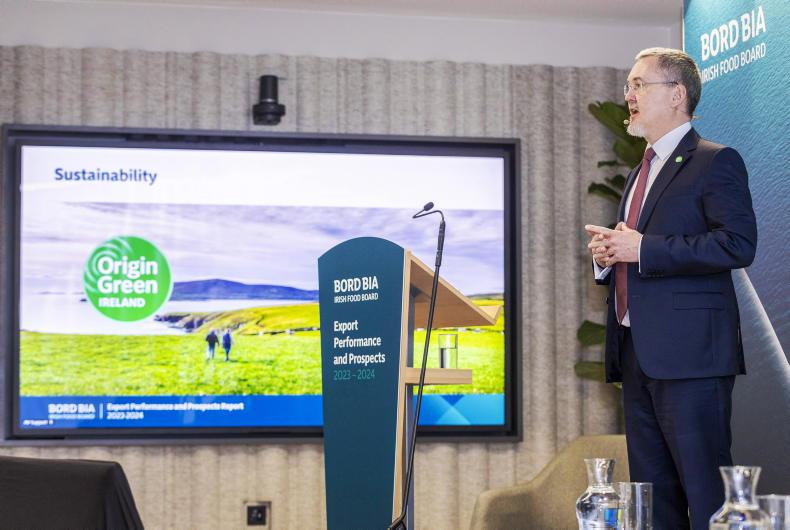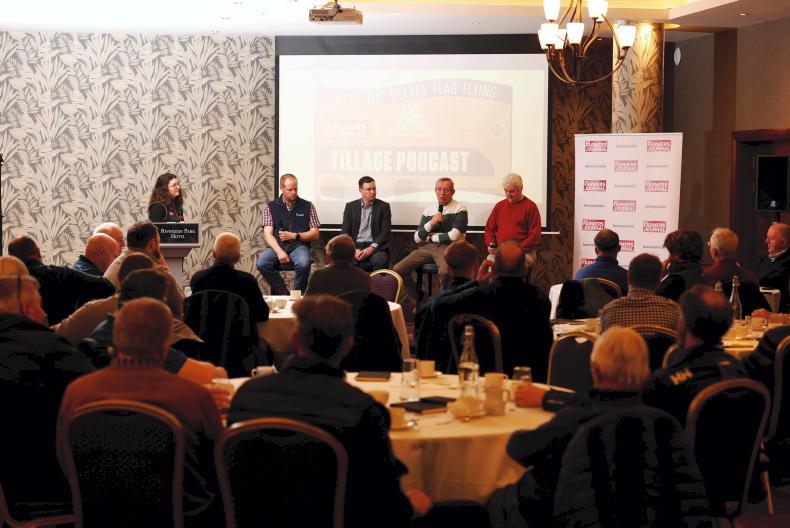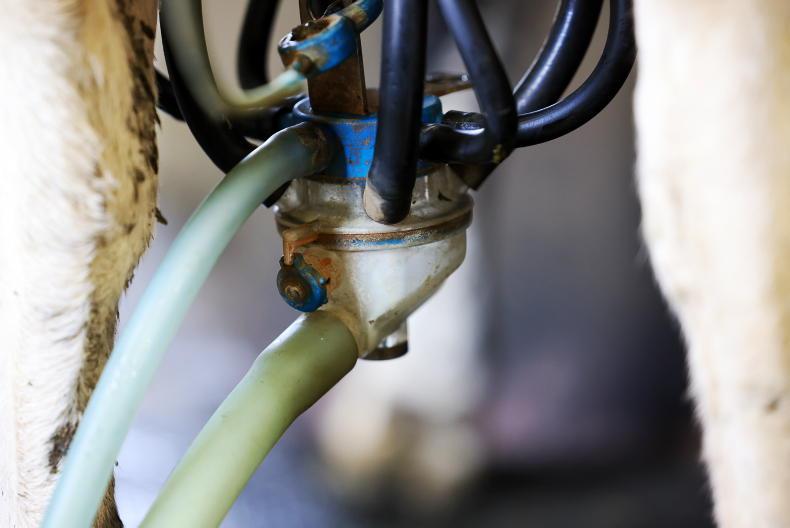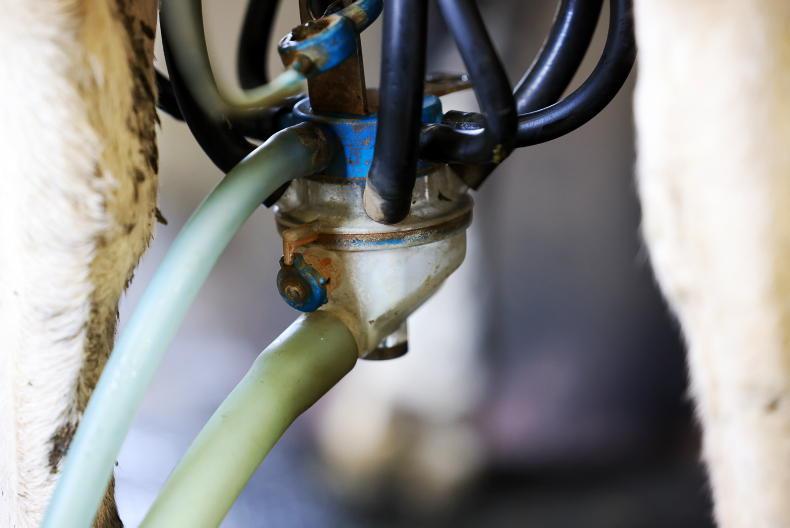This week, Bord Bia revealed a comprehensive report on how the Irish agri-food industry performed in 2023 and provided some basic pointers on what might happen in the year ahead.
It is to be commended for having such a comprehensive review ready to launch in the first 10 days of the new year.
On the face of it, it looks a good news story with the Irish food and drinks industry posting the second-best total on record in what was generally recognised as a tough trading year.
It is clear that Irish agri-food processors adapted well to the challenges of high energy costs and labour availability, as well as cost.
It is also notable that war in Ukraine - and more recently the Middle East - is now treated as part of the fabric of international trade despite the massive human cost.
Farmer input
The most brilliant generals require capable soldiers to be successful.
Applying this principle to the Irish agri-food industry, if the processors are the generals, farmers are the foot soldiers who labour in all conditions to provide the raw material that makes the agri-food industry the success that it is.
However, while 2023 was a success for the processing sector, we will have to wait until mid-year to get a comprehensive report from Teagasc on how successful 2023 was for the farmers who make processing possible.
The dwindling number of pig farmers seem to go into the next crisis almost immediately after the previous one ends
Ahead of that, we can be fairly sure that 2023 wasn’t the bonanza year that 2022 was for dairy farmers because of the sharp milk price fall combined with the now established high production costs and some horrendous weather.
Ideal weather, as well as good prices and at least some input costs at 2021 prices, meant one of the better years for tillage farmers in 2022, but it was the opposite in 2023 and that will likely have a negative impact on farm incomes.
Cattle and sheep farming didn’t reach the value of the CAP payment in 2022 and it is unlikely to be much better in 2023, while the dwindling number of pig farmers seem to go into the next crisis almost immediately after the previous one ends.
Clouds building
The point is that our very successful agri-food processing industry is made vulnerable by the, at best, volatile incomes for farmer suppliers.
Sadly, many farmers would be financially much better off if they packed vegetables on supermarket shelves than try to make a profit on growing them.
Looking at the support payment structure, farmers have now experienced the first year of the new CAP payment structure and will now realise that there is more to be gained from less production rather than more in many cases.
Not only is there no incentive for production, there is actually incentives to reduce production.
The age profile of farmers has been increasing and the reality is that it is unlikely future generations will tolerate endless tough physical work with little income in return, never mind meaningful profits for investment in buildings and machinery.
Problems with succession are already an issue in many areas and this will be a growing problem in the years ahead.
Over the past two decades, Ireland has built an impressive food and drink industry, but the lack of profitability at farm level is a cloud that is likely to get bigger.








SHARING OPTIONS